Implementing the AfCFTA’s Digital Trade Protocol

The quantum of intra-African digital trade, in common with merchandise and services trade, is less than trade between Africa and the rest of the world. Reversing this pattern is one of the primary goals of the AfCFTA agreement.
SAIIA’s Most Read Research of 2024
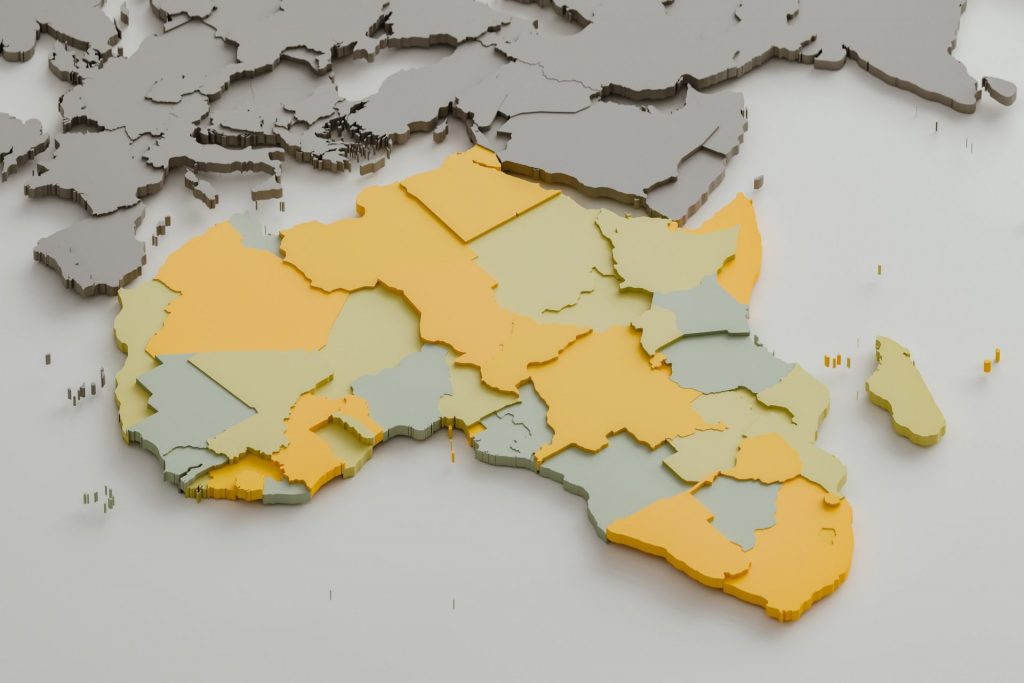
SAIIA’s research covered a range of topics, including the future of circular economies, governance challenges in critical mineral supply chains, macroeconomic resilience, the just energy transition and more.
Reclaiming People’s Power Through Electoral Reforms
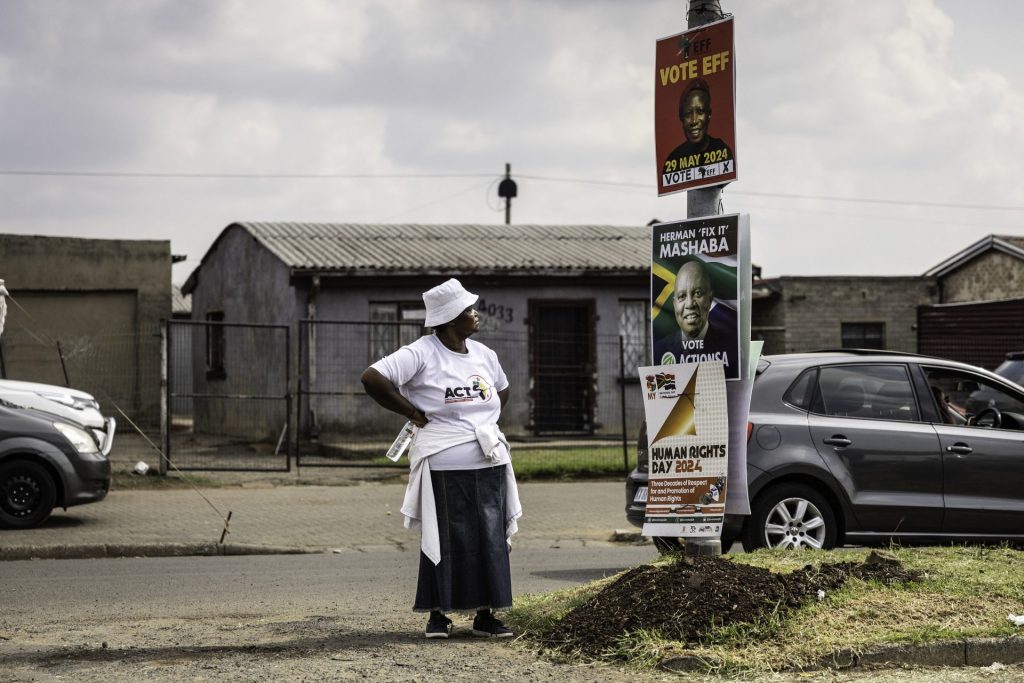
Reforms speak to the value people attach to the vote and experience of voting as the beginning of an ongoing opportunity for voters and communities to co-govern between elections.
The Future of Sovereign Debt Architecture: Priorities for the South African G20 Presidency
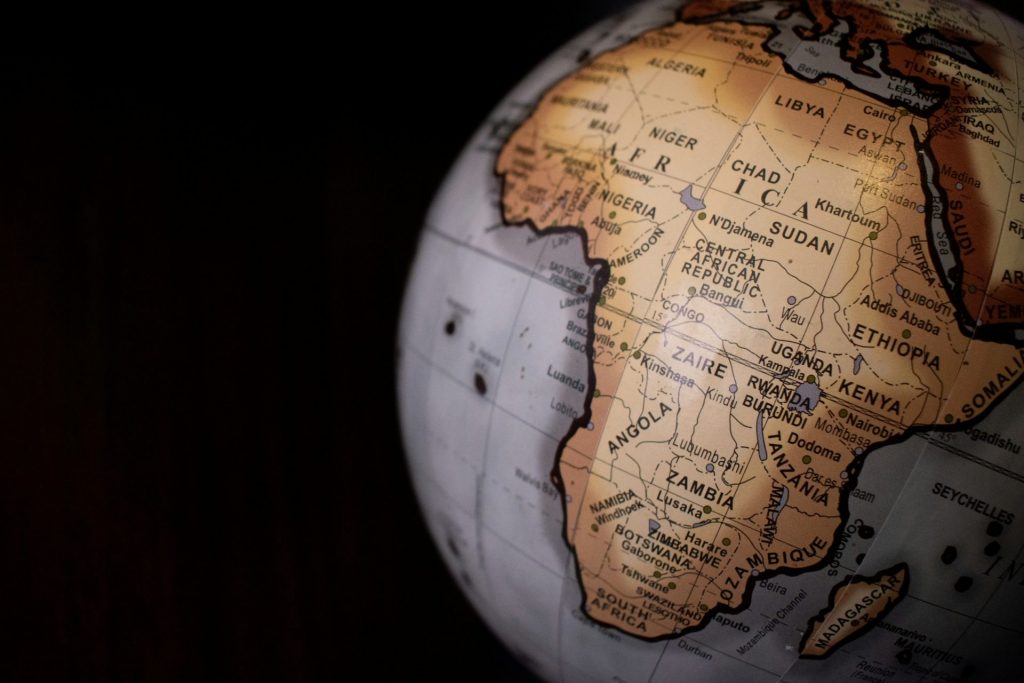
South Africa’s G20 presidency is an opportunity to set the debt agenda in 2025 as Africa’s financial challenges are compounded by global economic governance drawbacks.
The South African G20 Presidency and Implementation of SDR Rechannelling
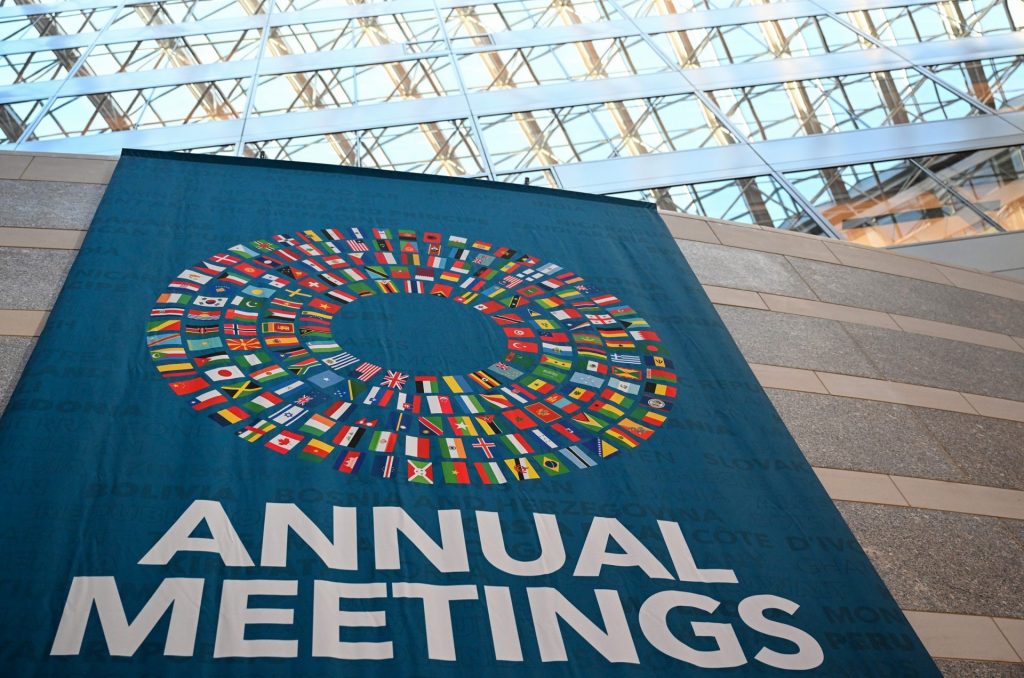
Rechannelling special drawing rights through multilateral development banks could increase financing for Africa by about $46.2 billion a year over the next 10 years.
Coalitions and the GNU in South Africa: Proposals to Embrace, Pitfalls to Avoid
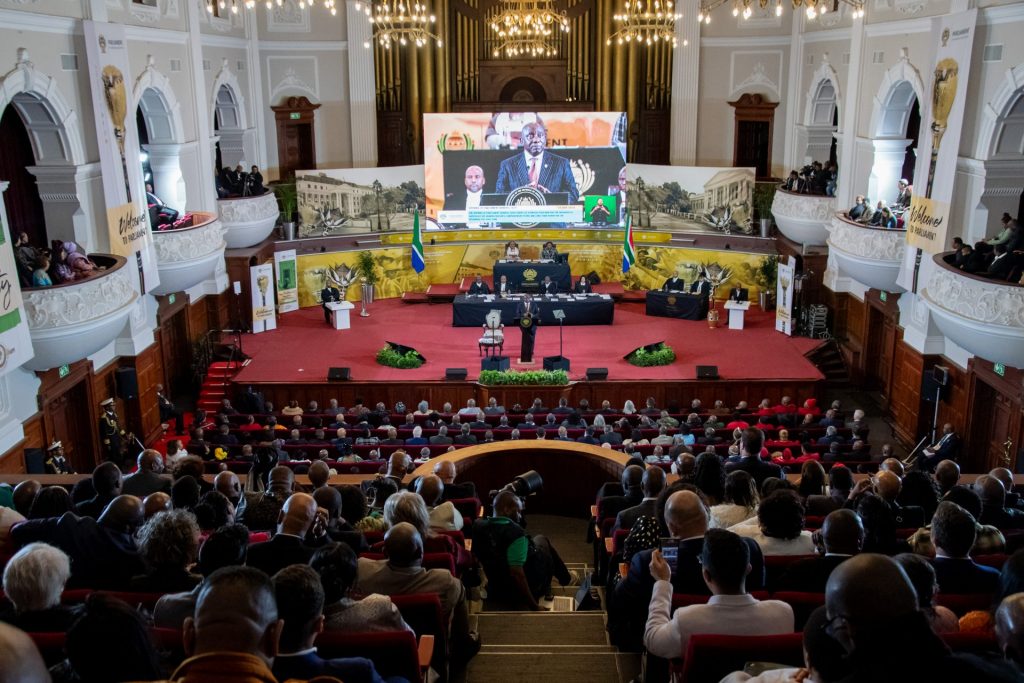
For governments of national unity to work, the political parties involved must remember to whom they are responsible and set aside narrow self-interests.
A Closer Look at South Africa’s Approach to Climate Change and the G20
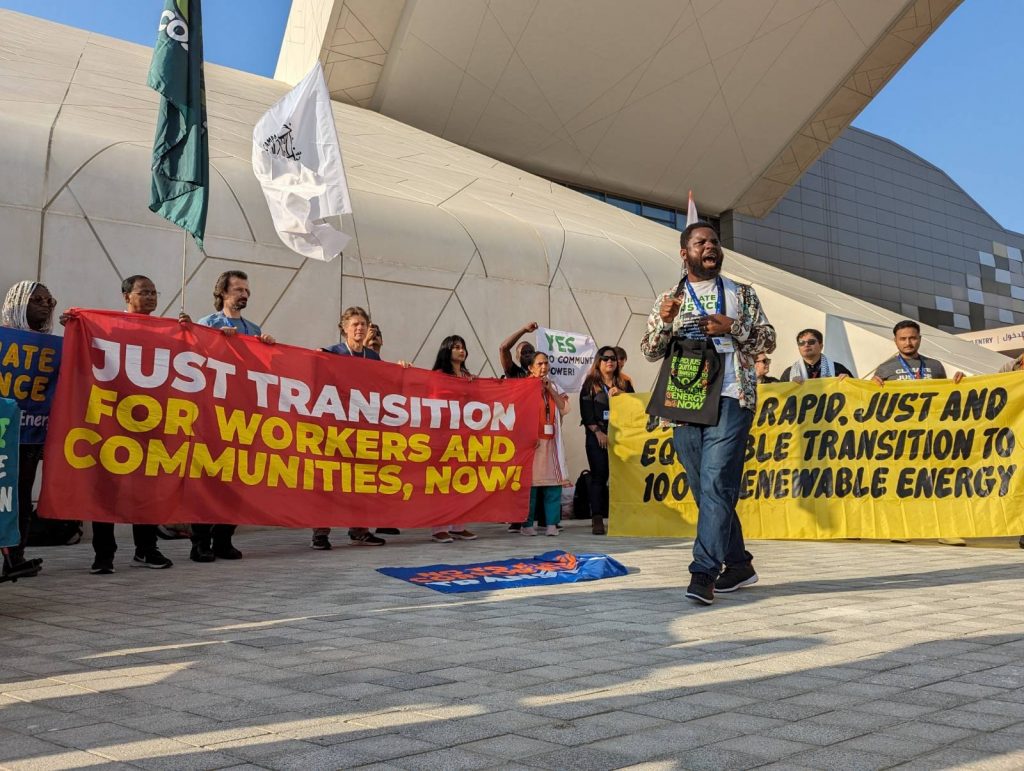
Both COP28 and the G20 committed to triple renewable energy capacity but where is the money going to come from?
Remarks by President Cyril Ramaphosa at the G20 Closing and Handover Ceremony
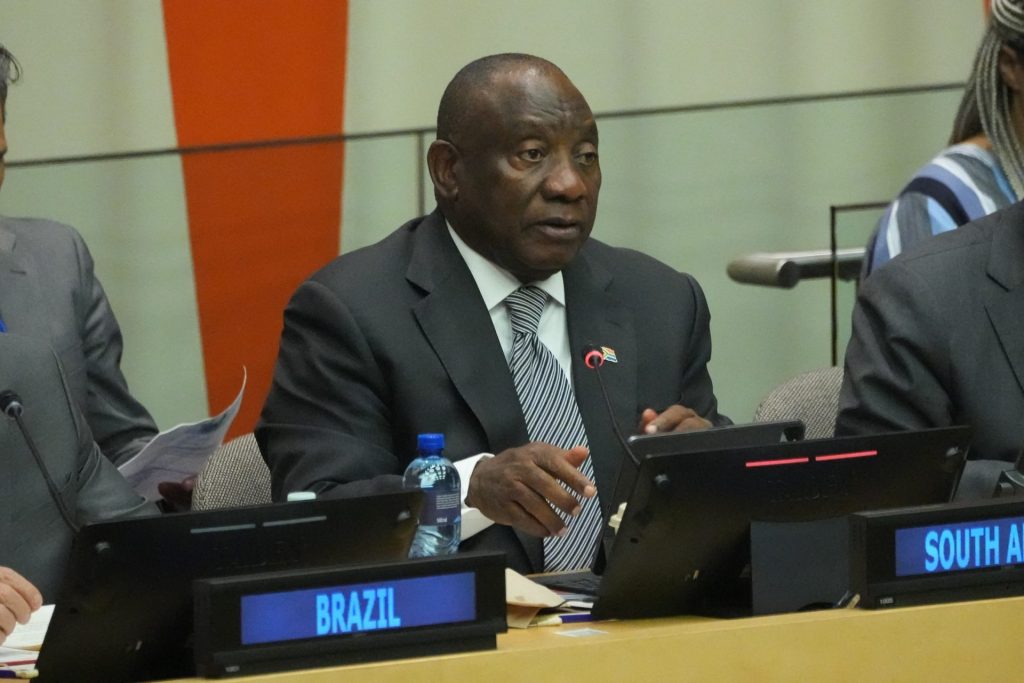
Below is the full copy of President Cyril Ramaphosa’s closing remarks at the Rio G20 Leaders’ Summit in November where South Africa was formally handed the reins of the Group’s presidency.
BRICS+ Countries Are Determined to Trade in Their Own Currencies – But Can It Work?

Using local currencies among BRICS+ countries will lower transaction costs and reduce their dependence on foreign currencies.
Evaluating Macroeconomic Resilience: The Case of South Africa and Botswana
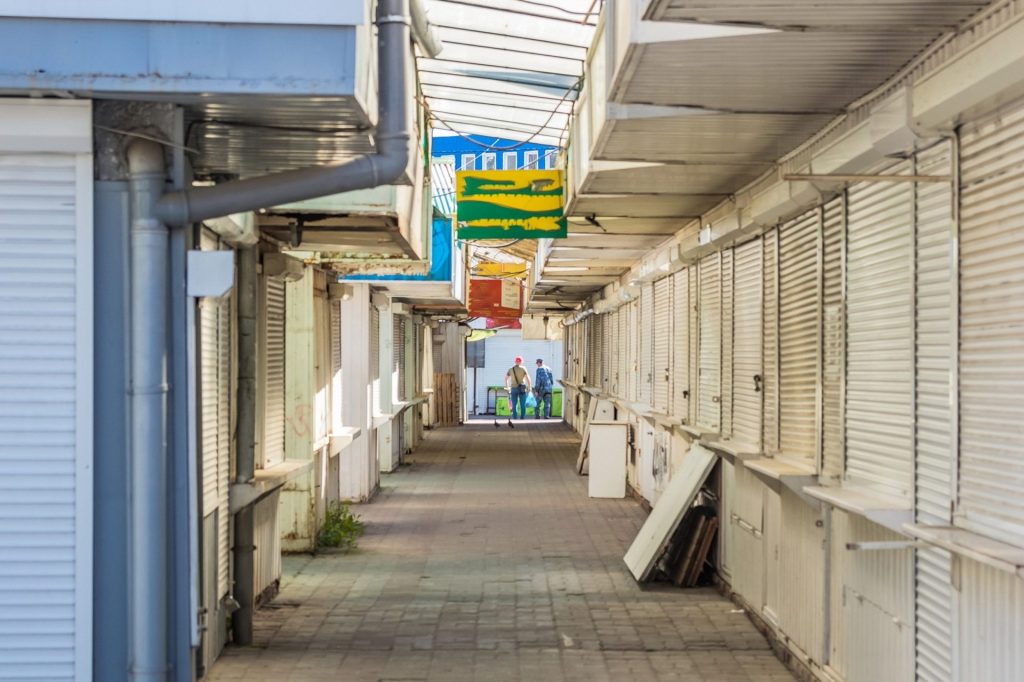
Between 2000–2022, a series of financial shocks plunged both the South African and Botswanan economies into a crisis of declining per capita incomes, triggering socioeconomic disasters.
